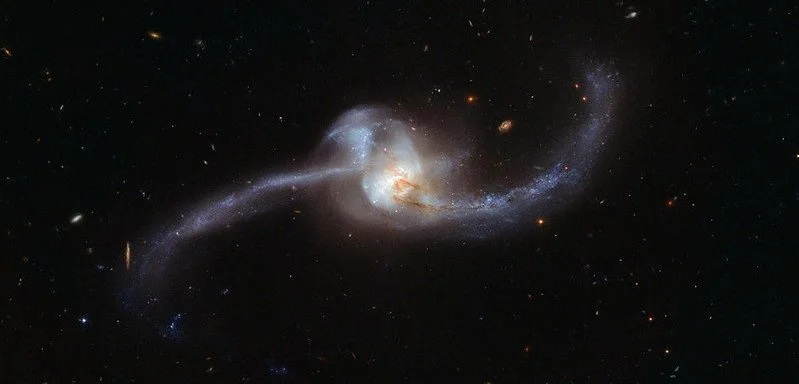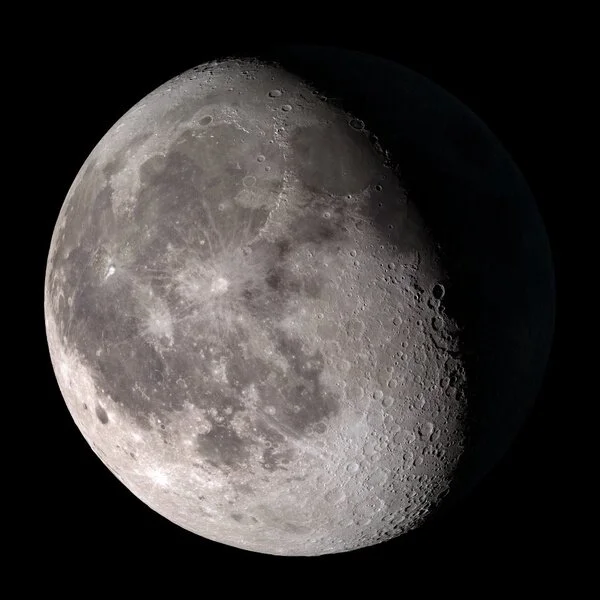The largest human psychological event/experiment in history is happening as you read, involves everyone, and has momentous consequences. To learn the details, tune in and watch “Our Social Dilemma”, a Netflix documentary featuring young former top executives of social media companies such as Google, Facebook, and Instagram. The common message is simple. Entities, business or political, pay the companies to influence the way people think. The influence can have two purposes: either entice people to buy my product, or entice people to behave in a certain way, such as voting, demonstrations, or activism of any kind. How do the social media companies achieve these goals? They know us, individually and collectively, as they continually gather data about us from the choices we make that are constantly being recorded on our computers, tablets and cell phones. Every day, all day. Huge memory banks hidden away in non-descript buildings contain the voluminous data that defines who we are. Given that information, which includes our personality traits deduced from our recorded behavior, they know how to fill the screen with suggestive material, the most obvious of which are advertisements, but also include content that is “suggested for you”. Raw Story, a small news organization, recently posed as a 13 year old, celebrating his birthday, who entered “Muslim” on tik tok, and within 10 days was receiving videos about killing Christians and Jews. Having initiated a search, algorithms lead us on. With the advent of biometrics [eg heart beat recorded on your watch] the algorithm has that much more with which to work. Our excitability, as measured in our biometrics, provides suggestions as to what may be next suggested for us. Not only so, but the Artificial Intelligence, aka an algorithm, is able to identify thousands more who have the identical profile, and an army of consumers or activists becomes suddenly possible. Meanwhile, the tech companies make more money.
Dopamine, along with oxytocin, serotonin, and endorphins are referred to as the “feel good” chemicals that activate the pleasure center of our brain. Inasmuch as we prefer pleasure and not its opposite, we trend to those activities and thoughts that trigger the dopamine. Integral to the grand experiment going on today is the identification of what it is that activates the pleasure center. Different individuals can be under the influence of different triggers, which can change as life moves on, but there are also triggers that appear to be quite common, if not universal: violence and community.
Yes, violence, strange as it may seem. We have long known that sex, food and drugs can be addictive, and we have more recently learned that money as well can have that effect. Big Tech has seen, in actual real time human behavior, that violence entices a person to click to the next screen, indicating that dopamine has been released. Studies with animals have also shown this to be true. Bar brawls apparently excite us, and social media knows how to manipulate this violent behavior to turn a profit. Of course, it’s not only Big Tech and it’s not only social media. The insurrection of January 6, 2021 is a prime example of violence feeding on itself in a dopamine feedback loop.
Integral to that loop is a second major trigger of the feel good chemicals: community. Or at least some kind of togetherness with others who share our profile. We can accept it as well-established fact that homo sapiens is a social animal. We enjoy being with others who share our worldview, just as we find it uncomfortable to be with others who have a different perspective. We much prefer to have our biases confirmed rather than challenged. Here again, social media appeals to our sense of belonging, either through advertising that draws us into a community of fashion or product, or through the spouting of social critique and commentary that draws us into a certain brand of populism and activism. We have “friends” with whom we “like” things. Thousands of people will travel thousands of miles to join up with others who share the same belief, no matter how ludicrous. Being together validates the belief, incites the violence, and activates the dopamine.
Why, we may ask, do community and violence create that good feeling? From a historical, evolutionary perspective, given that we have evolved and continue to evolve, community and violence must have proven advantageous to the survival of the species. The reason might lie in our hunter/gatherer days. We once existed as small tribes who hunted and gathered the food needed for survival. Although there must have been interpersonal tension in a tribe, the overarching necessity was tribal cooperation for survival. The opposite might have been the case for inter-tribal competition. Constantly moving, it was critical to have access to areas where food was plentiful, and it is easy to see how competition and conflict between tribes could arise. However, whether in peace or in conflict, intra-tribal cooperative community was mandatory and desirable, and in inter-tribal conflict, on the other hand, violence may have proven advantageous.
In addition to evolutionary analysis, we can also analyze the situation from a logical perspective. We all come into this world and are bombarded by stimuli. We order the stimuli and create a worldview through which we filter future stimuli, and in so doing create a rather limited and egocentric view of reality. Two choices present themselves. We can either realize that our worldview is limited, and through contact with others seek to learn from them and expand our understanding accordingly, or we can become closed in upon oneself and live in the illusion that your world is the real world and that everyone must agree with you. The danger in becoming open to others is that one must become vulnerable.
Suppose you are aware of your limitations, meet another, share what you know, and seek to learn from the other. Unfortunately, the other takes advantage of your honesty, learns where the good hunting is, and misleads you with false information about a watering hole. The peace-lover dies out, the violent competitor wins, and he is chemically rewarded for his deceit and violence with a good feeling induced by dopamine.
This might explain why egocentrism is a universal situation. It just won out. That seems to be the point of the Cain and Abel story. Cain was a farmer while Abel was a shepherd, so it could be that this is a mythological explanation of why farmers and shepherds are always fighting. But there could be more. We don’t know much about Abel, other than that God looked upon him with favor and he was happy. The impression one gains of Cain is that he was a competitive crybaby [God likes Abel better than me], was sullen and angry, and took it out on Abel by killing him. It appears to be a case where the peace-lover loses out to the violent competitor just because that’s life, and, as a mythological statement, is meant to apply to all of us.
Whatever the cause, be it rooted in evolution or logical inevitability, the fact is that today violence and community are dopamine triggers. The question is: is there a different way to put the pieces together? It may be that evolution has brought us to where we are, but inasmuch as evolution is an ongoing process, we have the potential to move on to a different place and need not remain as we are. Considering community, it is the case that belonging to a community does in fact trigger good feelings. That is not at issue. The issue is: to what kind of community do we belong? The best guess is that belonging to a loving community would precipitate all sorts of good feelings, creating a powerfully uplifting environment. We already know that sexual attraction makes us “in love” through release of oxytocin. Perhaps immersion in a community of agape love would trigger a cascade of chemicals, both known and unknown.
And perhaps that cascade would suppress the ability of violence to be a trigger. Think about that. We already know that nurturing love is required for an infant/baby to have a chance for a happy life. Might it not be the case that nurturing community is required for a happy life? Perhaps this was what Jesus was trying to do. He gathered a family of friends to be an example of what fulfilled life could be, a microcosm of a humanity wherein it is love that triggers the dopamine. After the manner of Jesus, it is our challenge today to offer an alternative algorithm, in which clicking leads forward in a healthful, helpful direction. The community within our grasp can begin with as few as two and grow from there. We have reached a moment in our evolution where cooperation in community is necessary for survival. We know the way. Can we do it?
Disclaimer: I am neither a neuroscientist nor a historian of evolution, and, though unintended, might be in error on some of the suggested connections. Comments most welcome!



















